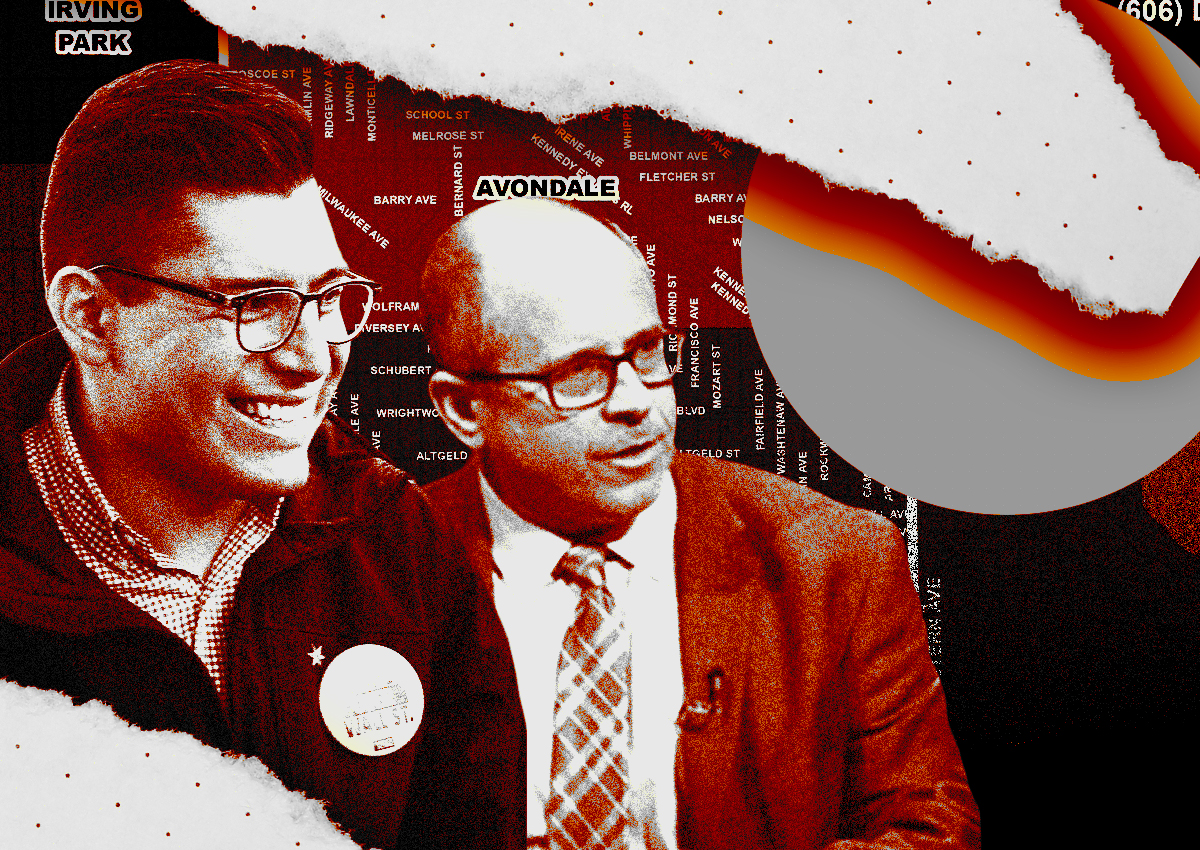T
he Chicago City Council approved amendments to an anti-gentrification ordinance covering Northwest side neighborhoods and Pilsen, providing clearer guidance for local tenants and landlords. The bulk of the ordinance took effect in October but was delayed by a contentious provision that allowed tenants to buy their buildings instead of letting them be sold to outside investors.
This "right of first refusal" aimed to prevent affordable housing from being replaced with pricey developments. However, real estate industry groups argued it would delay sales, discourage investment, and lead to depressed property values. The amendment pushed back the implementation date to March 1, addressing concerns from the industry.
The ordinance applies to Logan Square, Avondale, Hermosa, Humboldt Park, West Town, and a portion of Pilsen. It was designed to prevent rapid gentrification, which has been underway since developers started tearing down two- and three-flats along the 606 trail about 10 years ago.
Alderman Carlos Ramirez-Rosa, one of the ordinance's sponsors, said he delayed implementation to meet industry concerns. The city worked with the Chicago Association of Realtors to make changes, including requiring tenants to get pre-approval from a lender to buy properties of four units or fewer.
The amendments also terminate the pilot program at the end of 2029 unless renewed and push back the Tenant Opportunity to Purchase Program to March 1. This will give landlords, brokers, and tenants more time to understand and prepare for the program.
The vote was nearly unanimous, with one dissenting vote from Alderman Anthony Beale. The ordinance also increased demolition surcharges and allowed for two-flats to be built "by right" in certain areas. Many in the real estate industry favor flexible zoning as an affordable housing solution but oppose the ordinance due to concerns about increased fees and tenant rights.
The ordinance disallows single-family home construction or conversion on blocks with a majority of multi-family buildings, known as "predominance of the block." The amendments aim to promote housing affordability by allowing for more multi-family development.













